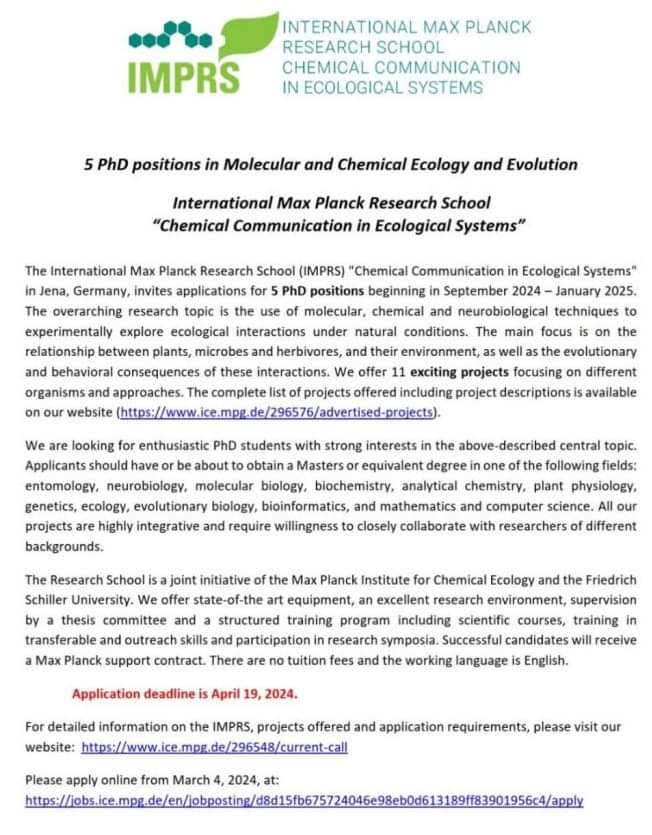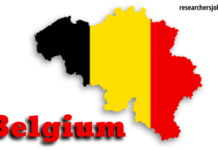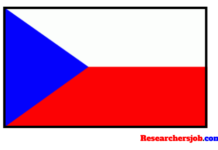PhD Positions in Molecular/Chemical Ecology: The International Max Planck Research School (IMPRS) on “Chemical Communication in Ecological Systems” in Jena, Germany, is offering 5 PhD positions starting from September 2024 – January 2025. The research focuses on using molecular, chemical, and neurobiological techniques to experimentally explore ecological interactions under natural conditions. This includes studying the relationships between plants, microbes, herbivores, and their environment, along with investigating the evolutionary and behavioral consequences of these interactions.
5 PhD Positions in Molecular and Chemical Ecology and Evolution
Study Area: Molecular and Chemical Ecology and Evolution
Location: Jena, Germany
Eligibility/Qualification:
- Applicants should have or be about to obtain a Masters or equivalent degree in fields such as entomology, neurobiology, molecular biology, biochemistry, analytical chemistry, plant physiology, genetics, ecology, evolutionary biology, bioinformatics, and mathematics and computer science.
- Strong interest in the central research topic and willingness to collaborate with researchers from diverse backgrounds.
Description: The Research School is a collaboration between the Max Planck Institute for Chemical Ecology and the Friedrich Schiller University. It offers 11 exciting projects focusing on various organisms and approaches. The research environment provides state-of-the-art equipment, supervision by a thesis committee, and a structured training program that includes scientific courses, training in transferable and outreach skills, and participation in research symposia. Successful candidates will receive a Max Planck support contract, and there are no tuition fees. The working language is English.
For detailed information on IMPRS, offered projects, and application requirements, please visit the IMPRS website.
How to Apply: Apply online from March 4, 2024, at the IMPRS website: Application Link.
Last Date for Apply: Application process starts from March 4, 2024.
Join this unique opportunity to contribute to cutting-edge research in molecular and chemical ecology, exploring the intricate relationships within ecological systems.










